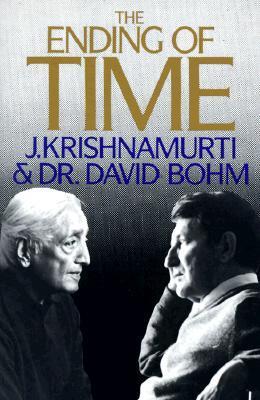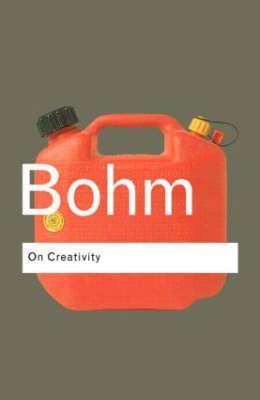
Wholeness and the Implicate Order
Book Description
Reality is not what it seems. David Bohm shatters the illusion of a disconnected universe with his revolutionary ideas in "Wholeness and the Implicate Order." He invites readers on a profound journey into the depths of quantum physics, challenging conventional notions of separation and encouraging a radical understanding of wholeness. With crystal-clear insights and stunning revelations, Bohm unveils the hidden connections that bind us all—revealing how our thoughts shape reality. Prepare to expand your mind and transform your perception. Can we transcend the fragmented view of the world and embrace a deeper unity that lies beneath?
Quick Book Summary
"Wholeness and the Implicate Order" by David Bohm is a groundbreaking exploration of reality that challenges the notion of separateness deeply embedded in both scientific and everyday thinking. Bohm, a renowned theoretical physicist, introduces the idea that wholeness, not fragmentation, is the fundamental nature of existence. He contrasts the fragmented, mechanistic worldview that dominates Western thought with the holistic perspective suggested by quantum physics. Through concepts such as the implicate order (an underlying, enfolded reality) and explicate order (the world as we perceive it), Bohm explains how everything is interconnected. He examines the psychological and societal consequences of fragmentation, arguing for the necessity of embracing wholeness for personal and collective well-being. This book invites readers to reconsider their perceptions and encourages a transformative approach to science, philosophy, and consciousness.
Summary of Key Ideas
Table of Contents
The Fragmented Worldview versus Wholeness
Bohm opens by exploring how traditional science and culture foster a fragmented perception of reality. He argues that separating objects, processes, and even knowledge into isolated parts leads to confusion, conflict, and alienation. This fragmentation is pervasive—in science, philosophy, psychology, and society—and it fails to recognize the deeper connectedness suggested by both experience and emerging scientific evidence. Bohm contends that wholeness is a more accurate representation of reality; seeing the entire process rather than isolated events.
The Implicate and Explicate Orders
Central to Bohm’s philosophy is the distinction between the explicate order—the world of separate, manifest phenomena—and the implicate order, a deeper, enfolded reality. In the implicate order, everything is fundamentally interconnected; apparent separation is a surface-level illusion. The explicate order arises from the continual unfolding and enfolding of the implicate order, much as images on a television screen unfold from underlying electromagnetic patterns. This duality forms the backbone of Bohm's holistic worldview.
Quantum Physics and Interconnected Reality
Bohm employs quantum physics to support his arguments for wholeness and interconnectedness. He notes that quantum phenomena defy classical boundaries and separations; particles exhibit behaviors that suggest non-locality and entanglement. Such phenomena reveal that the universe behaves as an indivisible whole rather than as a collection of independent entities. Bohm's interpretation suggests that the patterns we observe are projections from the implicate order, and physics, at its core, must account for this profound unity.
Thought, Perception, and Psychological Wholeness
The process of thought and perception, Bohm believes, plays a significant role in constructing either fragmentation or wholeness. Language, habits of mind, and social structures perpetuate a limited, divided understanding of the world. By becoming aware of these patterns, individuals can free themselves from restrictive beliefs and move toward psychological wholeness. He explores how the fragmentation of thought leads to inner and outer conflict, and how a holistic approach can foster clarity and harmony.
Transforming Society and Self through Holism
Bohm concludes by considering the implications of embracing wholeness for society and the self. He suggests that many of humanity’s problems—from interpersonal disputes to global crises—stem from the inability to perceive and live from a sense of wholeness. Education, culture, and scientific inquiry all need to shift toward holistic processes, which emphasize relationship, process, and interconnectedness. Ultimately, "Wholeness and the Implicate Order" offers a transformative vision for understanding the universe and ourselves, inviting a radical re-evaluation of reality that can lead to greater meaning and well-being.
Download This Summary
Get a free PDF of this summary instantly — no email required.





